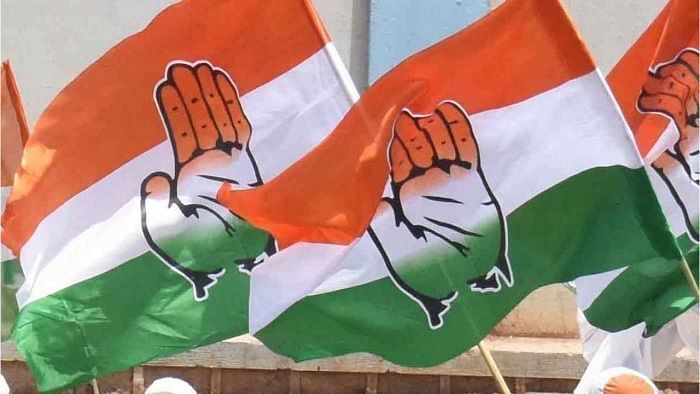
The Bharat Jodo Yatra is done and dusted. Rahul Gandhi has rebranded himself and Congress workers seem to be enthused.
After a long time, the Congress has been sending out positive vibes, even as political time bombs are ticking away in Rajasthan, Kerala and Maharashtra that could undo the progress made.
The next event that will be keenly watched is the Plenary Session.
In two weeks’ time, around 2,000 chosen Congress workers and leaders will converge on Raipur, Chhattisgarh, for the session that will reveal to the world whether the Grand Old Party is ready to take a radical turn in its approach or go back to its old ways.
The Plenary is the fourth big event in the last nine months after the Udaipur Chintan Shivir, the first Congress president election in 22 years and the Bharat Jodo Yatra.
In between, the party tasted its first electoral success since 2018 in Himachal Pradesh while receiving an epic drubbing in Gujarat.
But leaders believe the party is out of its nine-year-old slumber, as the workers are on the ground in the past few months, with the latest assignment being the ‘Haath se Haath Jodo Abhiyan’.
The Plenary is happening at an interesting juncture for the Congress.
The party is experimenting with a new architecture: Rahul as a mass leader and an ideological compass with Mallikarjun Kharge taking care of leading the organisation.
How this arrangement evolves is a million-dollar question. A peek into history shows that past experiments in the 90s, when the party had non-Gandhi as presidents, were messy and devolved into power struggles.
But “so far, so good” is the response from leaders who point out that in this new structure Rahul will not interfere in day-to-day organisational matters, though he will have a say in the ideological direction of the party.
There are also larger issues of whether the party is ready to infuse new blood in leadership roles without creating new fault lines and cementing its ideological moorings without pressing the compromise button.
From the Plenary, workers will also seek a clear-cut electoral and organisational roadmap that can catapult the party back to power.
A lot hinges on the high-stakes Karnataka Assembly elections. The party believes that a defeat or inability to form a Congress-led government in the state will deal a big blow to its prospects in poll-bound states like Rajasthan, Madhya Pradesh and Chhattisgarh and, ultimately, the 2024 Lok Sabha elections.
The CWC dilemma
Apart from ratifying Kharge’s election as party president, all eyes will be on the composition of the Congress Working Committee (CWC). The question will be whether the 80-year-old Kharge goes in for an election or tries to forge a compromise among warring leaders.
A close aide of Kharge said the party chief is not scared of holding an election.
However, not all in the party appear not to share this enthusiasm, as they believe it could reveal old wounds and take away the momentum created in the past few months.
“The Congress president needs to have his own team. An election would mean conflicting interests taking the party in opposite directions,” a leader, who argues for status quo, said.
However, it is not going to be easy as there is a growing clamour for induction of senior MP Shashi Tharoor, who unsuccessfully contested against Kharge but got an impressive 1,072 votes, in the CWC. At least three senior MPs from Kerala met Kharge recently and are learnt to have told him that excluding Tharoor could cause trouble.
While a decision would depend on the “mood” of the majority of the Plenary delegates, sources said the Gandhis are likely to continue to keep a distance on the issue.
“Let us see. We are not closing any doors,” Congress General Secretary (Organisation) KC Venugopal told DH earlier this month when asked about an election for the CWC.
Sources said the new president has the full freedom to take decisions and the Gandhis, especially Rahul, is not interfering. Kharge is getting space to plan for the party, a senior leader said.
Slowly but steadily, they say, new committees are being formed and a talent search is on to groom new leaders from the underprivileged sections. A number of decisions of the Udaipur conclave have been implemented and an organisational overhaul will be done soon after the Plenary, said Venugopal.
Unlike 2018, when Rahul raised the Rafale scam, his attacks on Adani Group have found resonance among senior leaders, especially after the Hindenburg report.
“Unlike the Rafale scam, Rahul is getting support this time. The yatra helped him as well as the party. This will help in Opposition unity,” a senior leader said.
The question before the Plenary and the party is this: will the leadership walk the talk?
